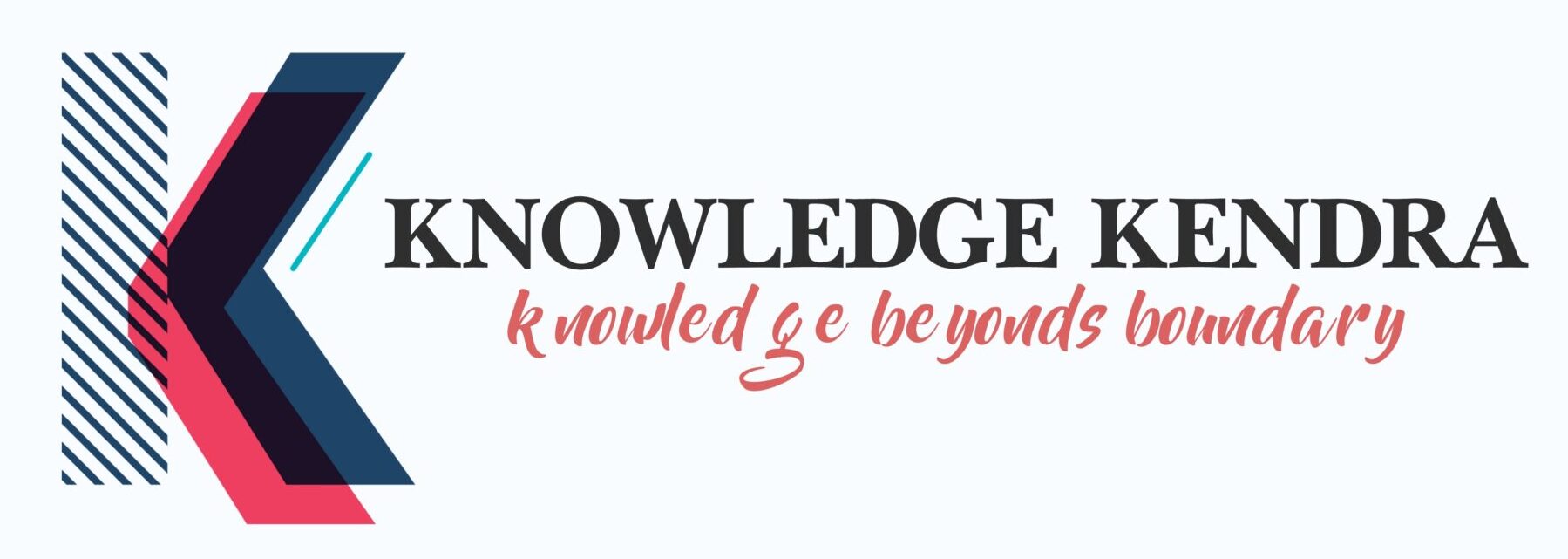Trading is as much art as it is science-a delicate mixture of psychology, strategy, and analysis. It requires not only deep technical and fundamental mastery of markets but also mental strength to handle the vagaries of those markets. While the internet and various trading platforms have leveled the playing field for market information, books are the timeless source of intellect and provide invaluable insights into trading principles, strategies, and the psychology involved in various market participants.
If you are a budding trader who wants to improve your foundation, here’s a shortlisted list of the best books on trading. In this post, they break them up into categories for every type of learner. Whether you’re a newcomer or an experienced trader in need of polishing an edge.
1. Trading Fundamentals: Understanding the Basics
There is a need for basic understanding of trading principles and how markets work before attempting to dive deeper into a complex strategy or technical tools.
a. “A Beginner’s Guide to the Stock Market by Matthew R. Kratter For a beginner, this book is perfect. It takes highly complicated concepts and makes them plain and simple so that anyone can learn how the stock market functions. Kratter writes about everything from which broker to choose to common pitfalls to avoid.
b. The Intelligent Investor by Benjamin Graham
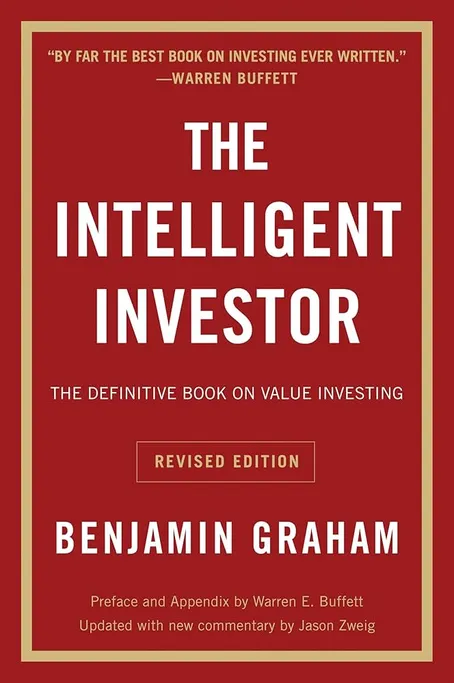
The trader cannot omit the reading of this old investment-oriented book by Benjamin Graham. It describes value investing and talks on the concept of margin of safety. Graham is one whose teachings have been able to stand time, and it would be a perfect starting point in trying to understand market behavior.
C. Common Stocks and Uncommon Profits- by Philip Fisher
Indeed, this book digs deep into the analysis of companies for long-term investment, a skill which applies equally well to traders when evaluating the broader market landscape. Fisher focuses on qualitative analysis and also understanding a company’s potential for growth.
2. Technical Analysis: Decoding Market Patterns
Trading depends on charts and patterns, which are predictably dependent on technical analysis. The books below will help you understand and eventually master the art of charting.
a. Technical Analysis of the Financial Markets” by John J. Murphy
Indeed, the bible of technical analysis: covers everything one needs to know in the tools and techniques of traders to make sense out of price movements, trends and chart patterns. Thorough in explanations yet accessible, this is the best guide to be read from novice to advanced levels for traders
b. “Japanese Candlestick Charting Techniques” by Steve Nison
Candlestick charts propel technical analysis and were introduced to Western traders through Steve Nison, who explains the psychological basis behind the patterns and how they are used to predict the direction of market movement.
c. Charting and Technical Analysis by Fred McAllen
This book decodes technical analysis into plain and practical actions, bringing together charting techniques and their application. McAllen’s no-nonsense approach makes this an ideal guide for the hands-on trader.
3. Trading Psychology: Mastering Your Mindset
Many consider that the mental game is the most extreme aspect of trading. Fear, greed, and impulsivity can bring down even the technically best trader. These books talk about the psyche of trading.
a. “Trading in the Zone” by Mark Douglas*
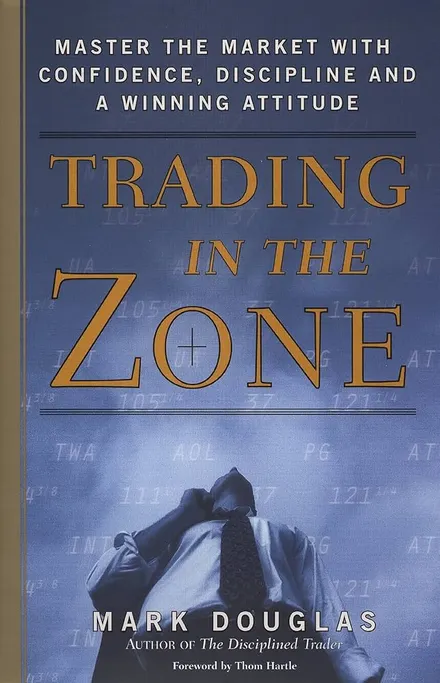
This book probably is one that best recommended regarding trading psychology. One should think in terms of probabilities as Douglas emphasizes, and explains consequently how to defeat the psychological barriers that create expensive errors.
b. The Disciplined Trader” by Mark Douglas
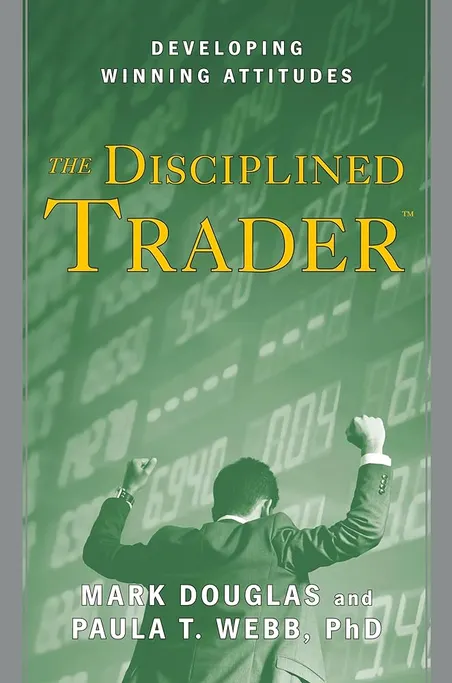
Another rich contribution of Mark Douglas, this one outlines the discipline needed to maintain consistency in trading. The book gives clear insights into a trading routine and keeping to your strategy.
c. Thinking, Fast and Slow by Daniel Kahneman Not precisely trading-related, Nobel laureate Daniel Kahneman authored this book on cognitive biases and what leads one to make certain decisions. These insightful concepts might keep the trader making more rational and informative choices.
4. Advanced Strategies: Building Your Edge
Once you’ve mastered the basics and developed a trading mindset, it’s time to explore advanced strategies. These books offer insights into creating and refining your trading edge.
a. “Trade Like a Stock Market Wizard” by Mark Minervini

Minervini shares the strategies that made him one of the most successful traders of all time. His focus on momentum trading, risk management, and finding high-potential stocks is invaluable for active traders.
b. How to Make Money in Stocks by William J. O’Neil
An introduction into the CAN SLIM strategy – a hybrid technique that combines both technical and fundamental analysis for high-growth stocks. Many swing traders just love this book; it is simply full of real action and charts.
c. The New Market Wizards” by Jack D. Schwager
This is part of the Market Wizards series by Schwager. It features interviews with top traders, revealing their strategies, philosophies, and lessons learned. These pages contain a tremendous amount of wisdom that inspire and educates at the same time.
5. Futures, Options, and Forex: Specialized Trading Domains
In case you want to venture beyond stocks, these two detail the specializations in futures, options, and forex.
a. Options, Futures, and Other Derivatives” by John C. Hull The doyen of books on derivatives markets, this book is great for most people, although it’s more scholarly in nature. Again, those seeking to trade options and futures will be really helpful by it.
b. “Trading Options Greeks” by Dan Passarelli”

This book explains the “Greeks” which are indispensable in understanding how options prices react. Passarelli makes complex concepts like delta, gamma, and theta accessible to traders at every level.
c. Currency Trading for Dummies by Kathleen Brooks and Brian Dolan
Forex trading is a strange creature, and this book gives an all-inclusive introduction to currency markets. It does this with topics from the most basic to sophisticated tactics for managing forex volatility.
6. Risk Management: Protection of Your Capital
Risk management is the backbone of successful trading. Without risk management, even the best strategies will go wrong. These books emphasize the importance of effective management of risk.
a. The Little Book of Common Sense Investing by John C. Bogle
This is primarily an investing book, but Bogle’s concepts of diversification and cost management apply equally to trading. It’s a good one to understand the fundamentals of capital protection.
b. “The Art of Execution” by Lee Freeman-Shor
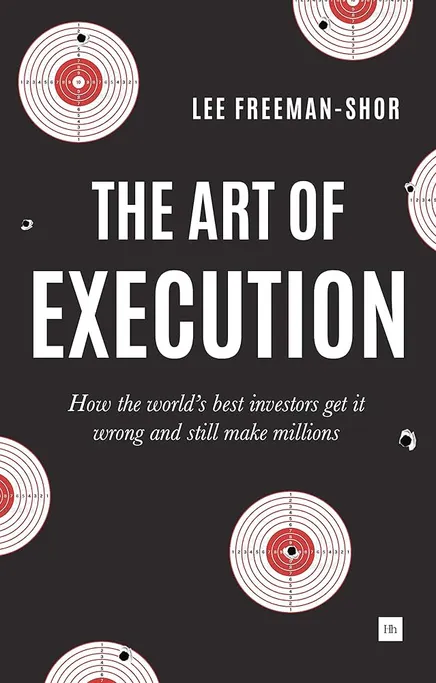
This book analyzes how traders can maximize profit and minimize loss through execution. Freeman-Shor gives valuable insights into the behaviors of successful traders in a pragmatic and provocative manner.
c. “Risk Management and Financial Institutions” by John C. Hull For those who want to dig deeper into the principles of risk management, Hull’s book is an invaluable resource. It’s really helpful for traders since it explains the wider implications of risk in financial markets.
7. Inspiring Reads: Stories of Market Titans
Sometimes, the best lessons are drawn from the experiences of those who walked before you. These books are as inspirational as they are an educational read.
a. “Reminiscences of a Stock Operator” by Edwin Lefèvre This is the fictionalized biography of the legendary trader, Jesse Livermore, and its timeless lessons about trading psychology and dynamics. It is a classic that every trader must read.
b. Market Wizards by Jack D. Schwager The original Market Wizards gives interviews with some of the most exceptional traders that have ever lived. Through their journeys, struggles, and success stories, one is able to realize what one needs to do to be a successful trader.
c. The Big Short by Michael Lewis
It is a book whose story is from the perspective of the traders forecasting the housing market collapse during the 2008 financial crisis. That is a cautionary tale about how traders profit from understanding these market inefficiencies.
8. Practical Tips for Maximizing Your Learning
These books can be made most valuable with the following tips:
- Note Taking: Write down important concepts and tactics in your own words to strengthen understanding.
- Practice What You Have Learned: Try strategies and principles through demo trading accounts before going live to make real money.
- Come Back to Books Over Time: As your knowledge in trading deepens, chances are you’ll learn new insights on books you have read at first.
- Supplement with Other Resources: Combine reading with online courses and webinars, as well as market analysis tools, for a well-rounded education.
Conclusion
Learning to trade is a process in itself, something that requires patience, persistence, and continuous self-improvement. The books above are indeed a pool of knowledge that will guide you through the jungle of trading complexities, whether you’re learning from scratch or developing your skills-they’re suggestions made to give you actionable strategies, timeless wisdom, and inspiring stories that can guide the way.
True success doesn’t come overnight in trading. But continuous learning, disciplined execution, and a willingness to adapt to change will determine success. A good foundation is built by arming oneself with the right tools and the right mindset and making meaningful steps toward becoming a successful trader.
if you are interested to learn share market please visit https://knowledgekendra.com/basics-of-the-indian-stock-market/
also visit https://www.tradewins.com/Promo%20Emails/OTME/OTME_OptInNoPop.html?SID=206946
